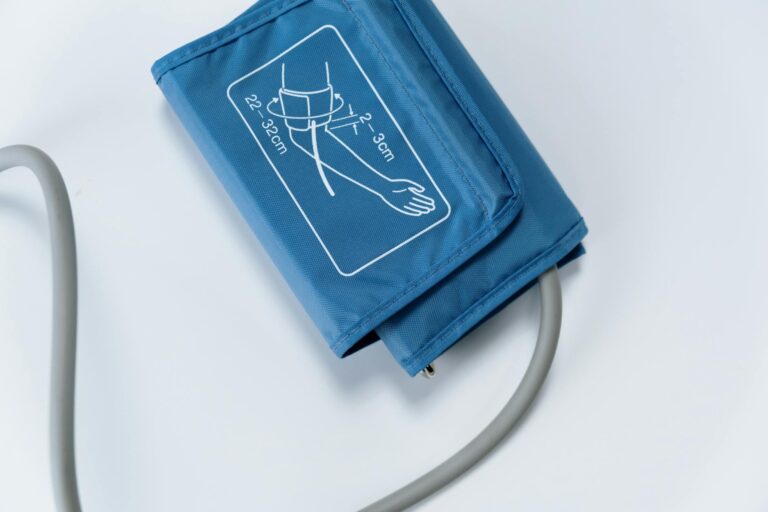The Unbelievable Power of Personalized Nutrition in Preventing Dementia
As the world grapples with the rising incidence of dementia, researchers are increasingly focusing on the role of diet in preventing this debilitating condition. Personalized nutrition, tailored to an individual’s specific needs and health status, is emerging as a powerful tool in this fight. By understanding how certain foods and nutrients can impact brain health, individuals can make informed choices to reduce their risk of dementia.
### The Role of Flavonoids
Flavonoids, found in foods like berries, dark chocolate, and tea, have been shown to have a significant impact on cognitive health. Studies suggest that consuming a diet rich in flavonoids can reduce the risk of dementia by up to 28%[1]. These compounds work by reducing oxidative stress and inflammation in the brain, both of which are linked to neurodegenerative diseases like Alzheimer’s.
### The Mediterranean and MIND Diets
Two diets that have gained attention for their potential to support brain health are the Mediterranean and MIND diets. Both emphasize whole, minimally processed foods and have been associated with improved cognitive function and reduced dementia risk. The Mediterranean diet, rich in fruits, vegetables, whole grains, and olive oil, has been shown to protect against heart disease and certain cancers, while also supporting brain health[3][4]. The MIND diet, a hybrid of the Mediterranean and DASH diets, has been found to reduce Alzheimer’s risk by as much as 53% when followed closely[3].
### Personalized Nutrition Approaches
Personalized nutrition involves tailoring dietary recommendations based on an individual’s genetic profile, lifestyle, and health status. This approach can be particularly effective for those with a genetic predisposition to dementia or other risk factors like hypertension or depression[1]. By working with healthcare professionals, individuals can develop a personalized nutrition plan that addresses their unique needs and helps mitigate dementia risk.
### Limitations and Future Directions
While the potential of personalized nutrition in preventing dementia is promising, there are still limitations to consider. Many studies are observational, meaning they show correlations but not causation. Additionally, more research is needed to determine the optimal amounts of beneficial nutrients and how they interact with other lifestyle factors like exercise and social engagement[1].
In conclusion, personalized nutrition offers a hopeful approach to reducing dementia risk. By incorporating flavonoid-rich foods and following diets like the Mediterranean and MIND, individuals can take proactive steps towards protecting their brain health. As research continues to evolve, personalized nutrition plans may become even more effective in preventing this devastating condition.





